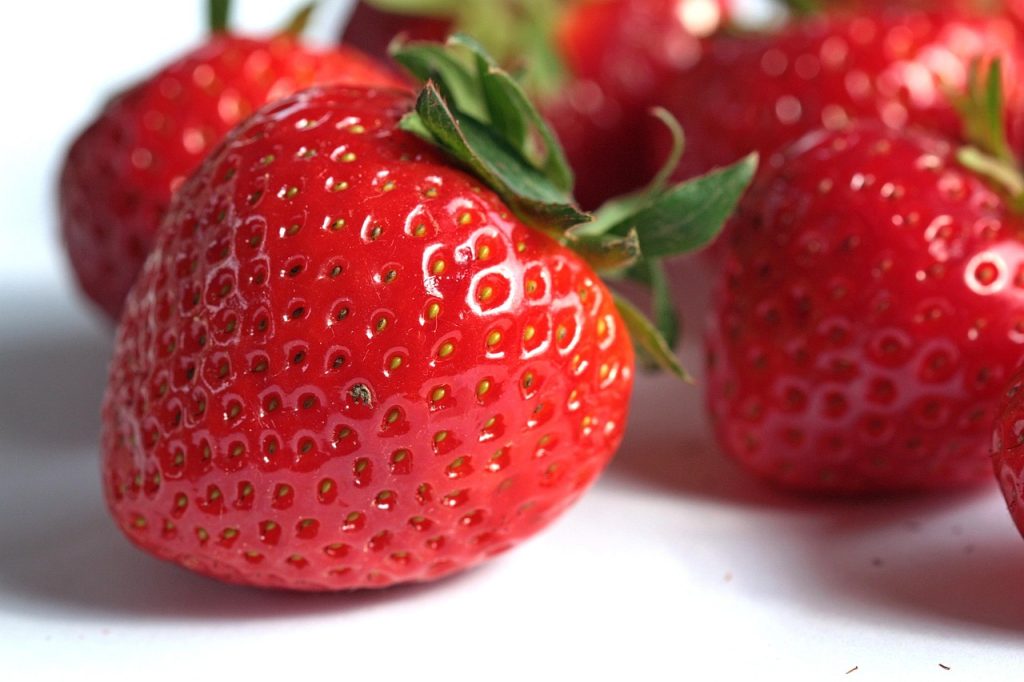Martha’s Vineyard, known for its picturesque landscapes and a robust culinary scene, is witnessing a significant culinary shift driven by an unexpected catalyst—tick bites. The island is experiencing a surge in alpha-gal syndrome, a tick-induced allergy that leaves many unable to consume meat and dairy. This development is not just a curiosity but a pivotal moment, challenging the community to rethink their dietary habits and embrace veganism as a practical solution.
As more islanders find themselves adapting to this new reality, businesses are rapidly transforming to meet the changing demands. Restaurants and cafes are innovating with plant-based menus, while local markets are stocking up on vegan alternatives. This trend is more than a temporary adaptation; it is reshaping the island’s identity and potentially setting a precedent for other regions facing similar health challenges. The island’s shift might just be a glimpse into a future where dietary choices are heavily influenced by environmental and health factors.
This transformation highlights a broader movement toward sustainable eating, driven by necessity rather than choice. It raises intriguing questions about how health trends can catalyze significant shifts in food culture. As Martha’s Vineyard adapts, it might inspire other communities to reconsider their own food systems, focusing on plant-based options not just for health, but for resilience against unforeseen challenges. The island’s experience could be a microcosm of a global shift toward more sustainable eating habits.
Moreover, the situation underscores the critical role of adaptability in the food industry. As consumers’ needs evolve due to health and environmental pressures, businesses that can swiftly pivot and innovate will thrive. This evolution is a reminder of the importance of agility and foresight in culinary ventures, especially as the world grapples with the impacts of climate change and emerging health issues as reported by The New York Times. Martha’s Vineyard is not just reacting; it is proactively setting an example of how to turn a challenge into an opportunity.
As we watch Martha’s Vineyard navigate this unprecedented shift, one can’t help but wonder how other regions will respond to similar challenges. Will they embrace the call for a more plant-based future, or will resistance to change prevail? The island’s story invites us all to consider not just what’s on our plates, but how our eating habits might need to transform in response to the world around us. Are we ready for a paradigm shift in our diets?


